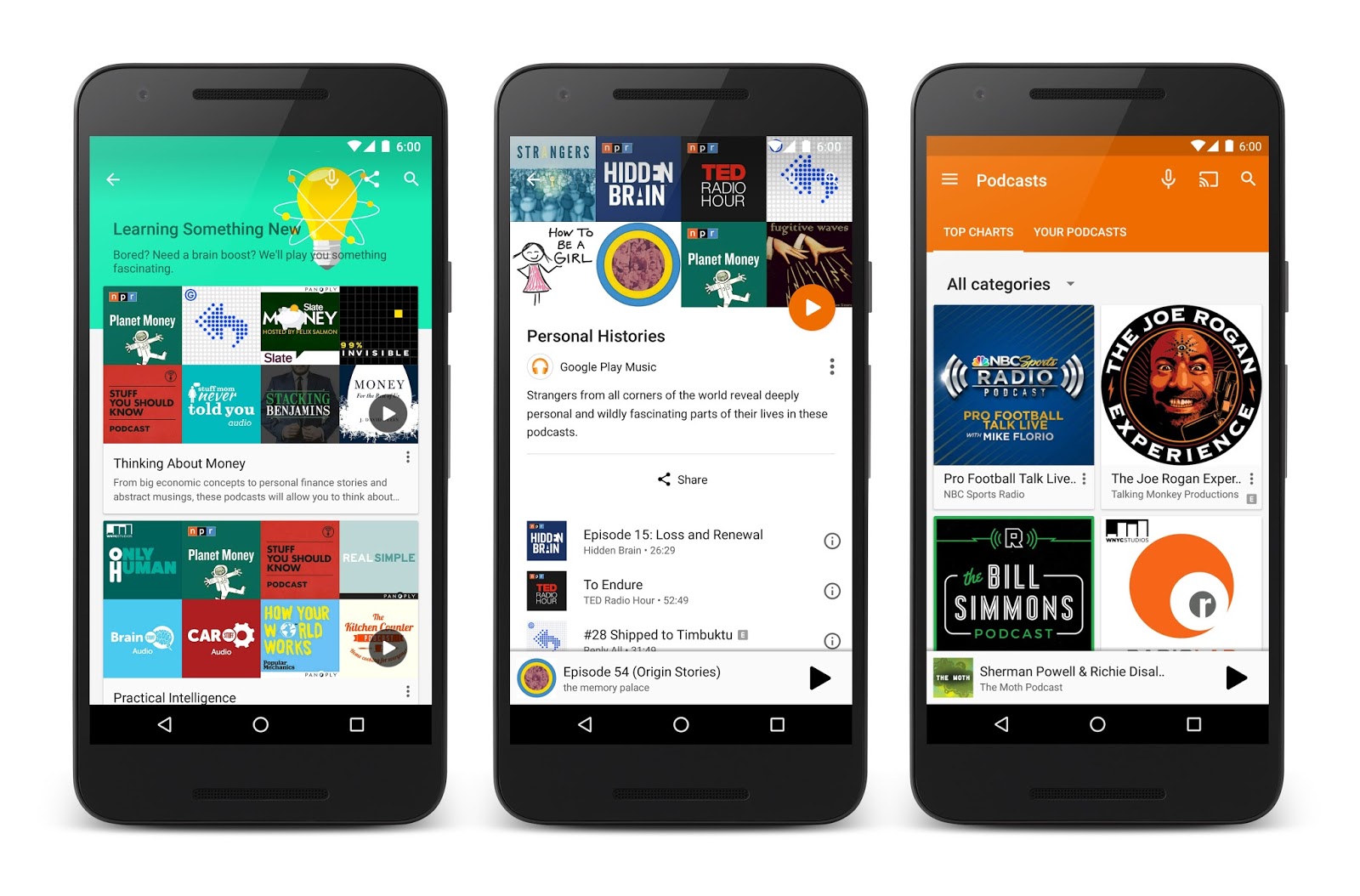At Google I/O on Thursday, Google announced a developer preview of the next version of Android, the M Release as well as related tools.
Google says the release focuses on improving the core user experience of Android, including thousands of bug fixes and making big changes to the fundamentals.
For one, users are getting more control over permissions.
“Apps can trigger requests for permissions at runtime, in the right context, and users can choose whether to grant the permission,” explains Android product manager Jamal Eason. “Making permission requests right when they’re needed means users can get up and running in your app faster. Also, users have easy access to manage all their app permissions in settings. On M, as a developer, you should design your app to prompt for permissions in context and account for permissions that don’t get granted. As more devices upgrade to M, app permission behavior will be a critical development flow to test.”

Continuing the theme of some of other announcements the company has made this week, it’s also making it easier to link between apps. Developers can now add an autoVerify attribute to the app manifest so users can be linked deep into their native app without any disambiguation prompt.
There are also battery life improvements, most notably through a new feature called Doze.
“With M, Android uses significant motion detection to learn if a device has been left unattended for a while,” says Eason. “In this state, Android will exponentially back off background activity, trading off a little bit of app freshness for longer battery life. Consider how this may affect your app; for instance, if you’re building a chat app, you may want to make use of high priority messages to wake your app when the device is dozing.”
Google announced Android Pay at the event, and this includes support for fingerprint security on M.
M also provides a new feature called Now on Tap, which is basically a new way to interact with Google Now. You can ask it for help related to the various information it provides, and developers can implement Google’s App Indexing for search to let users discover and re-engage with apps through the new feature.

Aparna Chennapragada, Director of Product Management, talks more about this feature in a blog post on the Inside Search blog:
We’re working to make Google Now a little smarter in the upcoming Android M release, so you can ask it to assist you with whatever you’re doing—right in the moment, anywhere on your phone. With “Now on tap,” you can simply tap and hold the home button for assistance without having to leave what you’re doing—whether you’re in an app or on a website. For example, if a friend emails you about seeing the new movie Tomorrowland, you can invoke Google Now without leaving your app, to quickly see the ratings, watch a trailer, or even buy tickets—then get right back to what you were doing.
If you’re chatting with a friend about where to get dinner, Google can bring you quick info about the place your friend recommends. You’ll also see other apps on your phone, like OpenTable or Yelp, so you can easily make a reservation, read reviews or check out the menu. When you tap and hold the home button, Google gives you options that are a best guess of what might be helpful to you in the moment. But if you need something specific, you can also get Google to help by saying “Ok Google” from any screen, and any app. For example, if you’re listening to Twenty One Pilots on Spotify, you can say “Ok Google, who’s the lead singer” and get your answer right away.
As far as new developer tools, Google announced the launch of the Android Studio v1.3 preview, the Android Design Support Library, and Google Play Services v7.5.
Eason says of the Android Studio preview, “Most notable is a much requested feature from our Android NDK & game developers: code editing and debugging for C/C++ code. Based on JetBrains Clion platform, the Android Studio NDK plugin provides features such as refactoring and code completion for C/C++ code alongside your Java code. Java and C/C++ code support is integrated into one development experience free of charge for Android app developers. Update to Android Studio v1.3 via the Canary channel and let us know what you think.”
“Making Material design apps gets even easier with the new Android Design support library,” he says. “We have packaged a set a key design components (e.g floating action button, snackbar, navigation view, motion enabled Toolbars) that are backward compatible to API 7 and can be added to your app to create a modern, great looking Android app without building everything from scratch.”
The new version of Google Play Services includes Smart Lock for Passwords, new APIs for Google Cloud Messaging and Google Cast, and the Google Maps API on Android Wear devices.
The Android M preview obviously includes an updated SDK. You can find out more about all of it here.
Images via Google
























